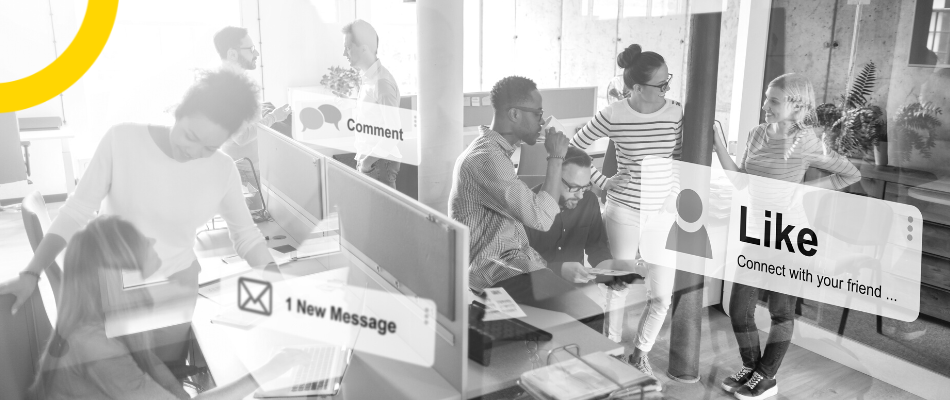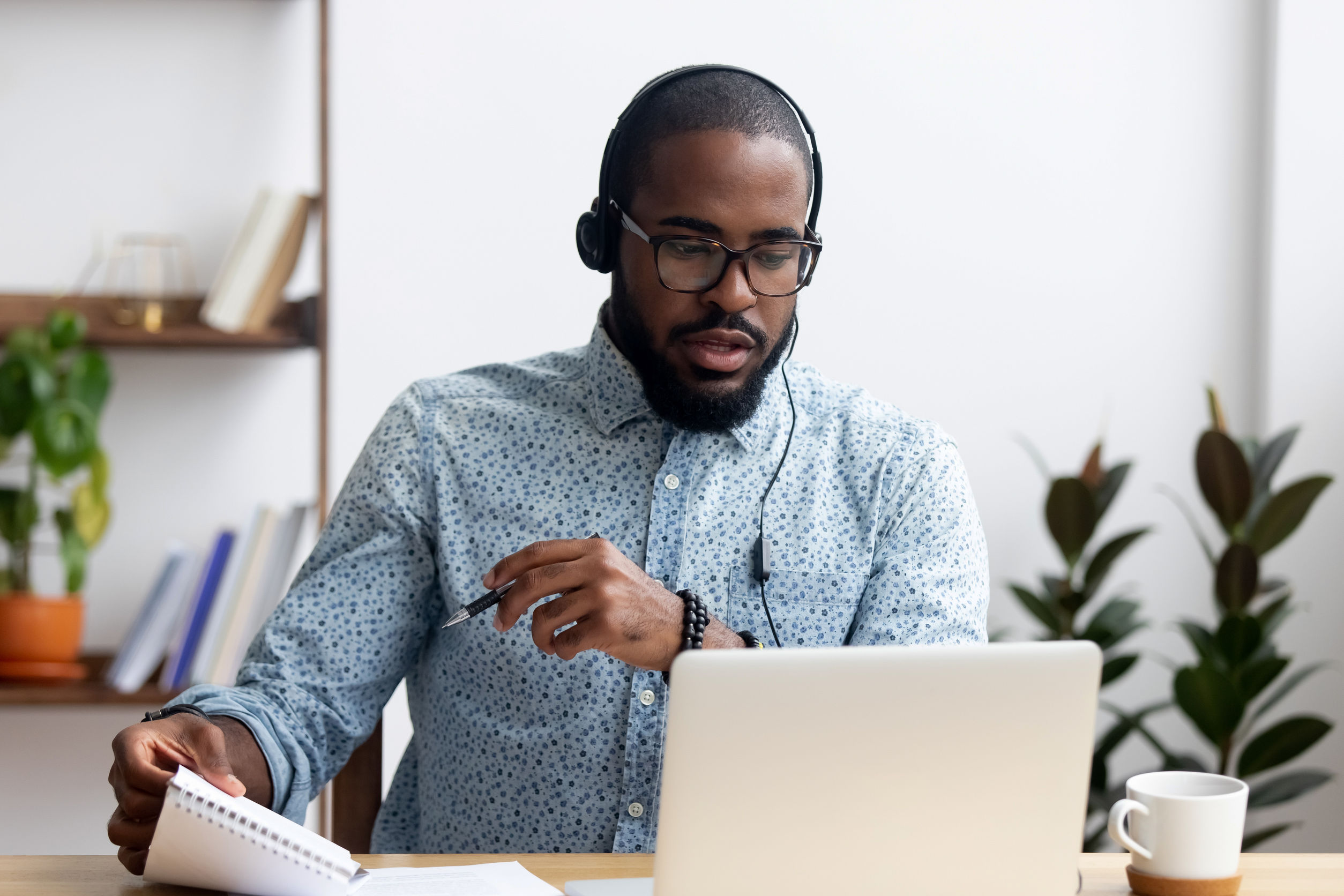- Crisis Management – How To Weather A Corporate Storm - May 31, 2023
- What Are the Current Big Issues in Leadership? - May 25, 2023
- Problem-Solving Techniques – Part 5 - May 18, 2023
On multiple occasions, we have discussed the importance of social well-being and how this affects our overall health. One aspect that we have previously neglected is the impact of social media on our social welfare and connectedness with the world.
The phenomenon has surely made the world a smaller place – we can, with the flick of a finger, read or watch what is happening around the world. It enables us to communicate effectively, find friends we have lost touch with over the years, raise awareness for specific issues within hours, and use it as an outlet for creativity and self-expression as well as a source of learning.
On the other hand, excessive use of social media could harm our social well-being. Research found that there is a strong link between excessive use of social media and depression, loneliness, self-harm and anxiety. Some experiences discussed in these studies include:
- Inadequacy about life
- Inadequacy about appearance
- The fear of missing out (FOMO)
- Isolation
- Cyberbullying
- Self-absorption
But how do we know when enough is enough? Some warning signs are listed below.
Security blanket
- Many users, when confronted with an uncomfortable social situation will ‘retrieve’ to using social media rather than interacting with the actual people in front of them.
- These actions deny the purpose of social interactions – to actually meet real people.
Underlying problems
- Using social media when feeling bored or down is a ‘new’ phenomenon. Before, we used to call a friend, read a book or visit family.
- This could increase feelings of loneliness and could lead to depression or anxiety – a vicious cycle. It becomes a powerful co-conspirator for procrastination.
Doomscrolling
- Doomscrolling involves obsessively watching negative social media news posts.
- This in turn creates within us a feeling of anxiety and depression because of the concentration of disheartening information.
- One study posits that: “We are all hardwired to see the negative and be drawn to the negative because it can harm us physically.”
- Excessive exposure to negative social media may perpetuate negative thoughts and a negative mindset.
Unfavourable comparisons
- People within your social media bubble may often post glamorous pictures of places they have been to, events they have attended, meals they have enjoyed, or motor vehicles they own.
- You will inevitably compare yourself to this concentrated flow of aspirational social media images.
- It is inescapable that you will. Compare yourself negatively to what you see. Your self-esteem may suffer accordingly.
- It is in this way that social media could be damaging your mental health.
Allowing social media to distract you from work
- It is tempting to read one more Twitter message, see one more Instagram clip or catch up on a friend’s holiday snaps.
- The cold truth is that it can be a colossal waste of time. When it is more important to read the most recent posts than to complete your tasks, enough is enough.
Engaging in risky behaviour to gain likes
Disregarding your safety to gain likes, shares or positive reactions from perfect strangers might be a HUGE red flag. Encouraging bullying or posting embarrassing material is very unhealthy and could cause long-term mental imbalances., not to mention aggressive legal action.
Allowing social media to interrupt your sleeping patterns
This is a very dangerous sign that you are spending too much time on social media. Even leaving notifications on -where the blue screen light interrupts sleep, could cause sleep disruptions which could have a serious impact on your mental health.
If you recognise any of the issues listed above, you might have to start practising the tips provided below.
Be meticulous about the time you spend online
A study by the University of Pennsylvania found that reducing the time spent on social media to 30 minutes a day will reduce levels of anxiety, depression, loneliness, sleep problems and FOMO [fear of missing out] significantly. This could seem drastic for some, so the following tips might help to reduce online screentime:
- Turn off your phone at regular times of the day
- Don’t bring your phone to bed
- Disable social media notifications
- Limit mail and message checks to every 30 minutes.
Change your focus
- Ask yourself: Is social media a substitute for real life? Are you using social media to connect to friends rather than connecting with friends?
- Then it is time to change your focus. Plan outings with friends, plan functions with family or organise dinners for people.
Commit to social functions or join a group
- Commit to joining a social group or a club. Join people and converse with them – build meaningful connections without relying on social media.
- Set time aside each week, reach out to old friends, exercise together or find a hobby.
Practice mindfulness
- Sit still for an allocated time a day. Stop comparing yourself with doctored digital images and start focussing on things that you are grateful for.
- Live in the present moment and enjoy it!
Volunteer
- Dedicate time every month to others.
- Make time to help other people, animals or the earth. Enrich the community you live in and make others happy.
Dare to lift your head up from your device and look up – there is a beautiful world out there waiting for you to explore. Guide yourself through awkwardness and embrace new friends and people, you never know what you might find out there…



